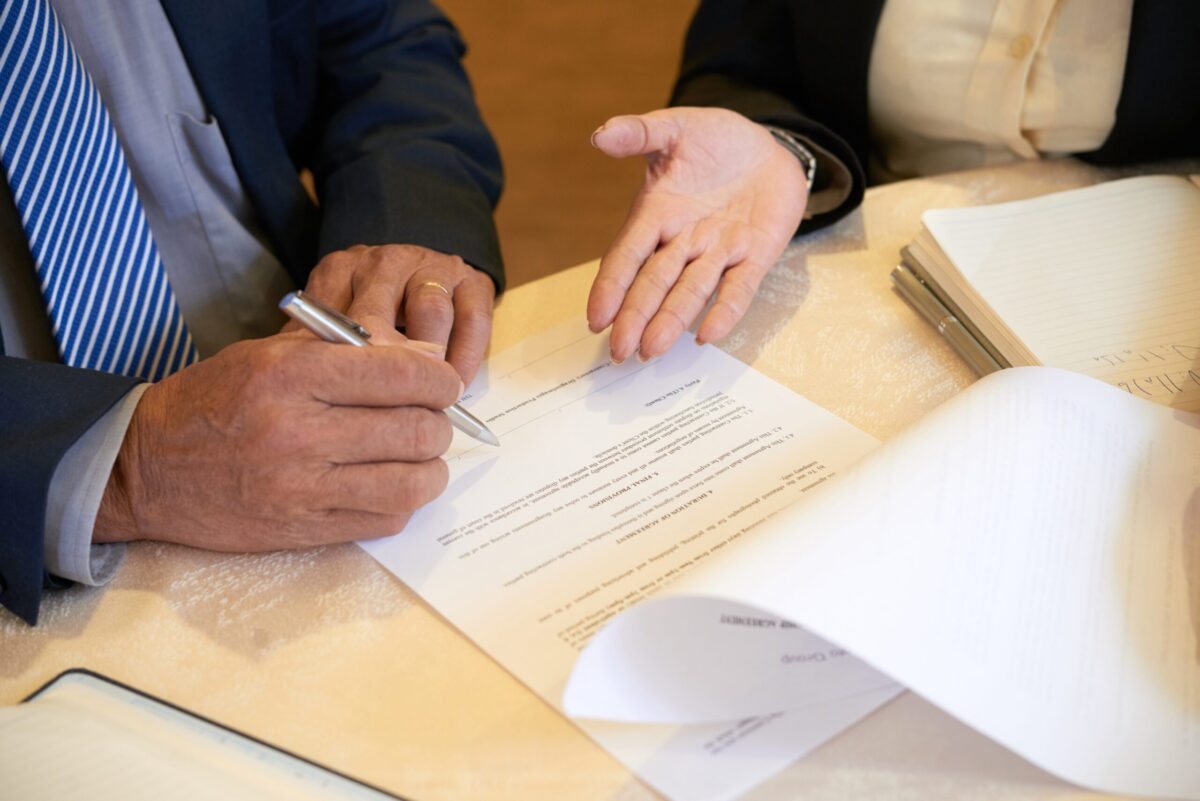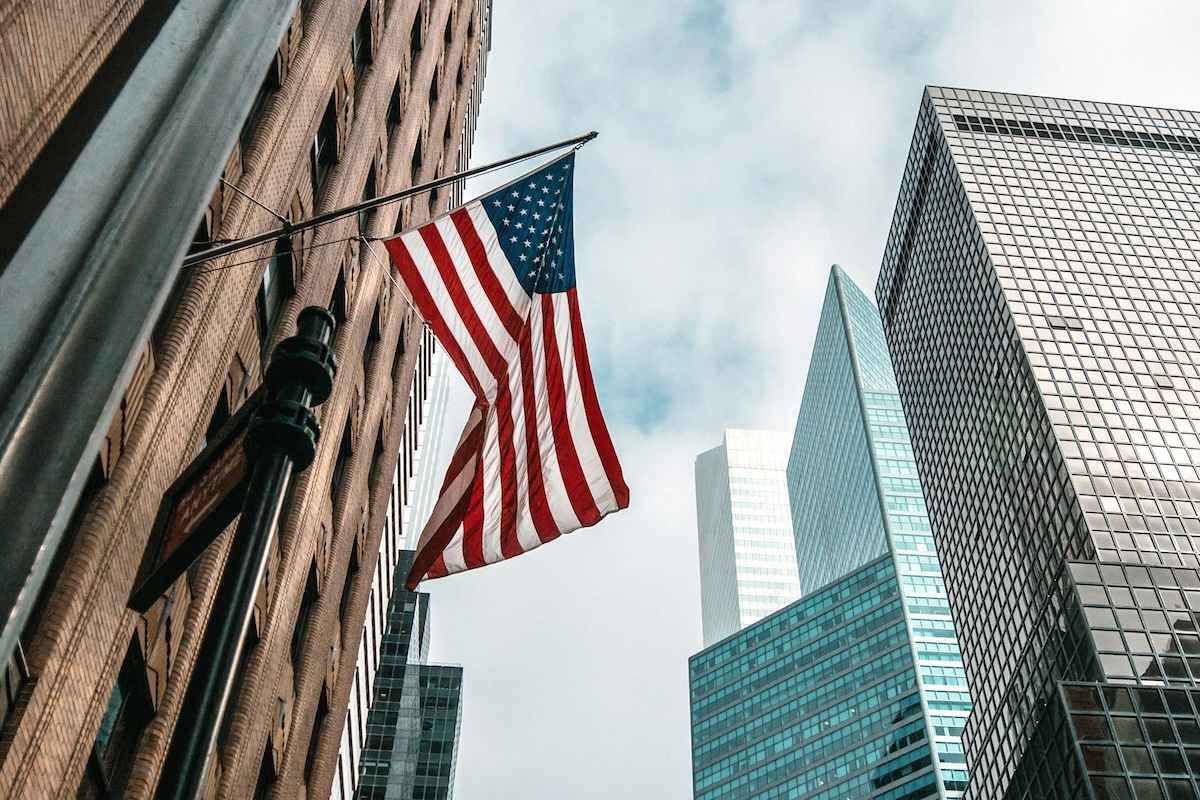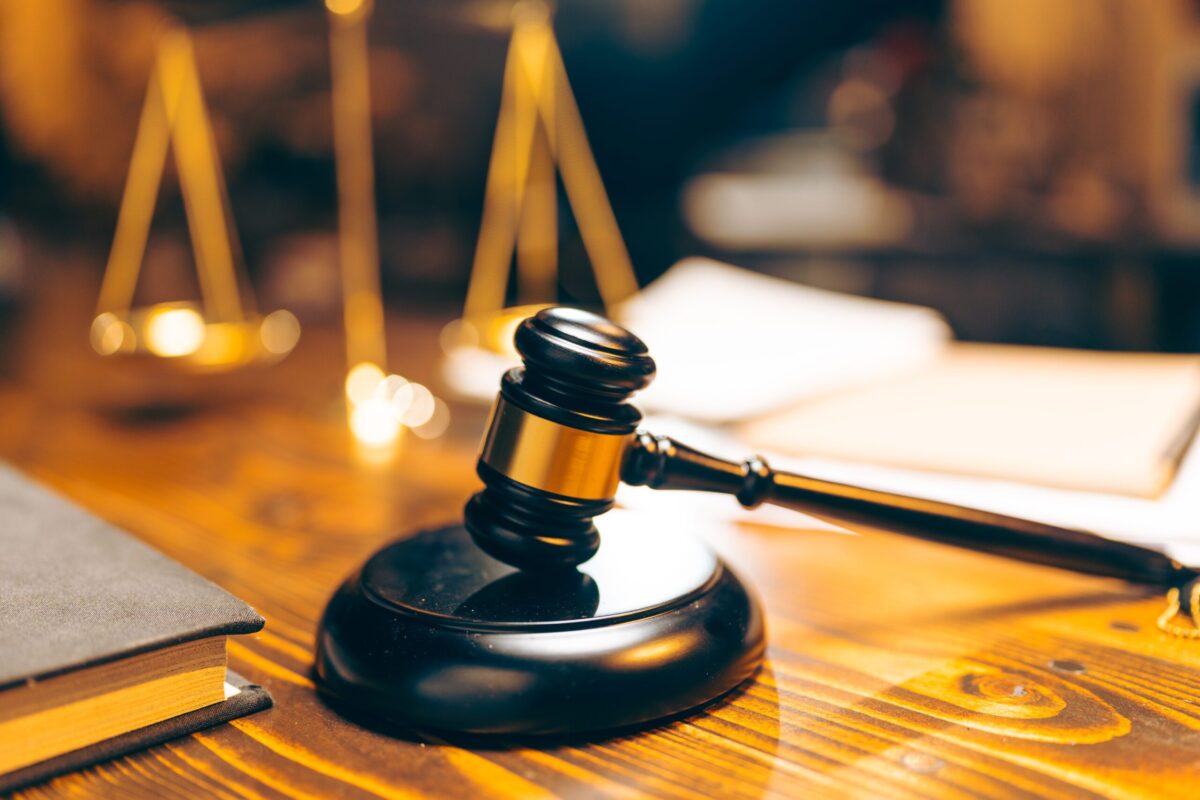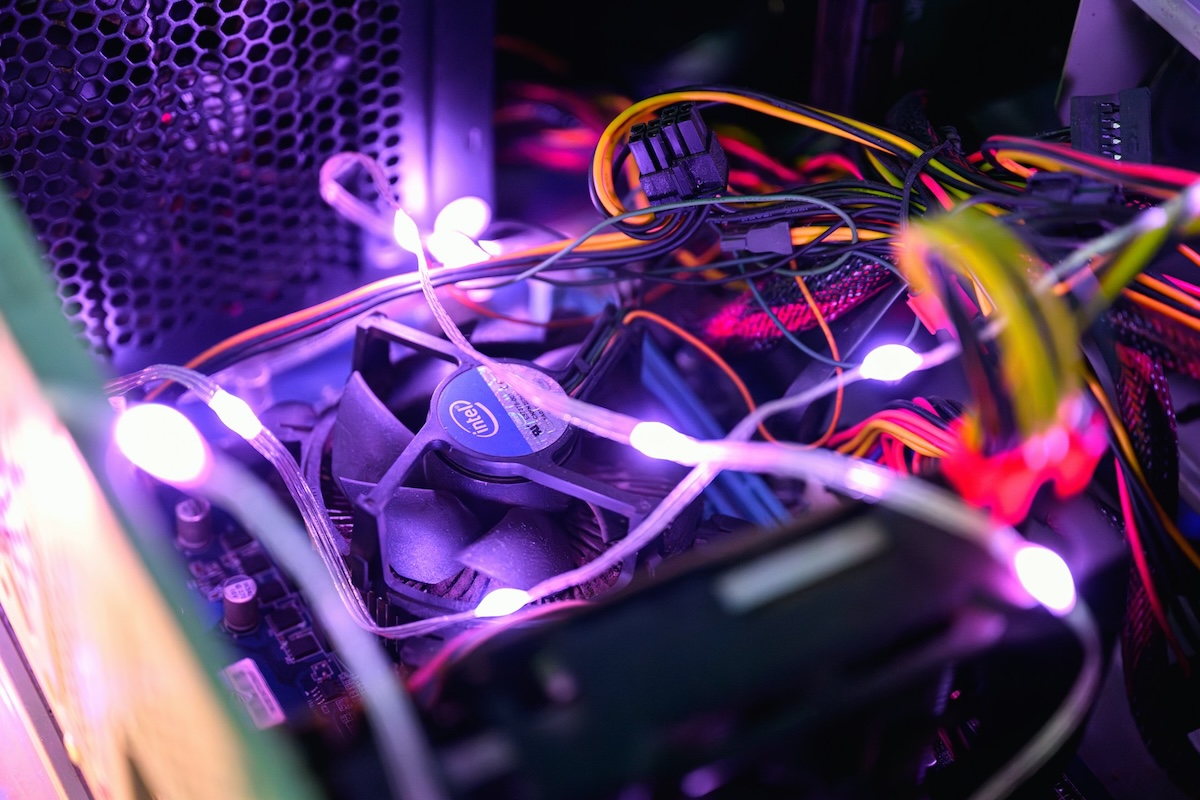Skift Take
Apple is bringing 3D face scanning and dedicated AI processing to the iPhone 8. Here we look at how that could affect the event industry.
A recent report from Bloomberg has revealed that Apple is testing new 3D face scanning technology for the upcoming iPhone 8. The report says that the new technology will replace the fingerprint scanner used for unlocking the device and providing security validation for payments and apps.
According to sources close to Apple, the new technology will be more secure than fingerprint scanning because a 3D face scan contains more data points than a 2D fingerprint. 3D face scanning is also more secure than previous attempts at using camera-based security due to its ability to sense depth. Unlike 2D scanning, the new technology can’t be fooled by a photograph.
iPhone 8 New Features
According to Bloomberg, along with 3D face scanning, the next generation iPhone will include a host of other features including:
- Dedicated chip for carrying out AI (artificial intelligence) tasks
- Faster screen capable of higher video frame rates
- Edge-to-edge OLED screen for better image quality
- Casing with beveled glass front and back separated by a steel chassis
- Integrated AR (augmented reality) to run apps built with ARkit
Knock On Effect For Events
When Apple introduces a new technology, adoption of that technology usually soars. That, in turn, has a knock-on effect in the event industry; be that directly, through event apps or indirectly by influencing other eventtech. Some of the new features of the iPhone 8 are quite groundbreaking and thrusting them into the mainstream will obviously cause a few issues for Apple – adopting new technologies isn’t easy – but if Apple gets it right, adoption will be relatively fast and painless. For events, the mass adoption and trust of new technologies provide several opportunities. We’ve already seen this with speech recognition following Siri, fingerprint authentication and of course, if it wasn’t for the iPhone, what would event apps look like now?
3D Face Scanning For Events
As we’ve already seen, face scanning technology is beginning to proliferate events already but the feedback so far has been very mixed. There are some serious privacy issues that come with facial recognition but the improved security of 3D face scanning might assuage some of that ill feeling. If users begin to trust the technology and its operators are honest about how the data is being used, face scanning technology will become a much more common occurrence for event check-in and even more localized ID functions such as payment and access control.
AR Everywhere
Mass adoption and familiarity with AR will mean that mobile users will start expecting to find information by pointing their device camera at something. AR technology can pin virtual content to objects and places. If developers make the link between face recognition and AR, it’s even possible that information could be pinned to people too. For example, if an attendee wants to find a representative from a specific vendor in a crowded room, an attendee matching app could use the device’s camera and screen to point out the right person and display extra information about them or provide an opportunity to connect.
Dedicated AI Functionality
Devices with more power dedicated to AI mean more opportunities for AI rich applications. AI is already making its mark on eventtech but because it takes a lot of power to process AI, the limitations of what you can do within a smartphone app are currently quite limited. A dedicated chip will free up other system resources as well as streamline AI processes. What this means for events is that event apps will get smarter but without getting slower.
For events, this could see a rise in personal assistant and concierge technology in event apps, more intelligent attendee matching and better ways to find event related content and important information.
In Conclusion
When Apple introduces something new, a lot of people want it. That will almost certainly be the case for the iPhone 8 and all the shiny new technology within. Despite security concerns surrounding face scanning, the new 3D scanning technology seems to be the star of the show and could be the harbinger of a shift in consumer perception. This, of course, opens lots of doors for eventprofs and eventtech developers alike. Welcome to the future.





